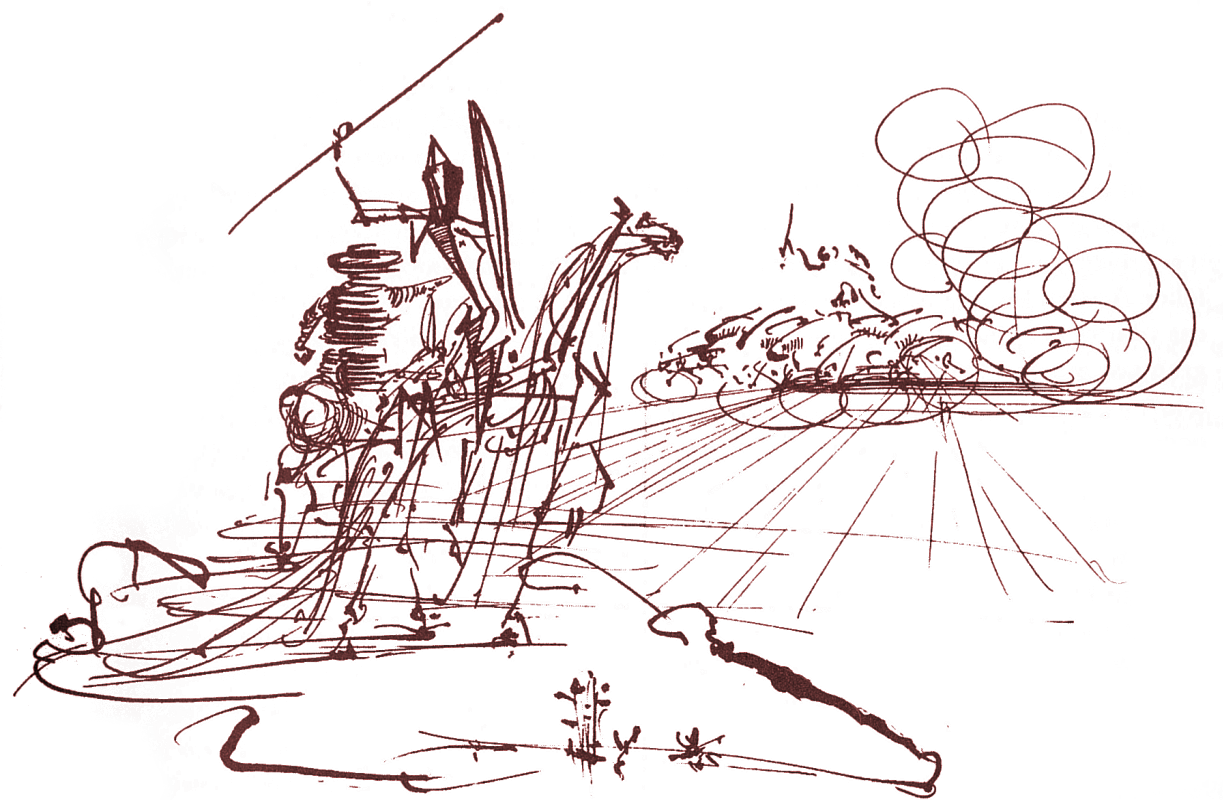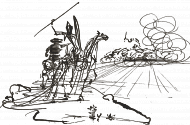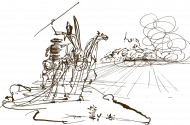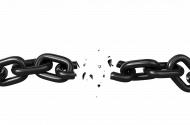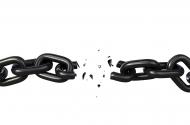Sometimes, I think, church can be dis-empowering. If I were to try to put it into my own words, the church's project is to empower each person to open themselves to the river of the Holy Spirit which transforms and renews the whole person with a continual work of healing love which moves from the inner to the outer, transforming a person's personal, economic, and political relationships as well as their material place in the world.
Is that our normal experience of church? Is this how we feel transformed by our church experience?
Eutyches famously asserted that Jesus' humanity was "dissolved like a drop of honey in the sea" of his divinity. In the overwhelming torrent of information, we, too, are like this unbalanced Christ whose humanity is dissolved into his divinity. There is so much to know!
We find this torrent of knowledge intoxicating. But this liquor does not inflame us, instead it weighs us down. We are paralyzed with too many options for belief. I know this because I myself find information intoxicating.
In church, our pastors give us another place where we gorge ourselves on information. We scarcely can make time in our busy schedules of private information consumption and production to participate in the consumption of holy information on Sunday morning.
But, we are left wondering how to apply this to our lives, feeling like we are enjoined to make space for God, but not knowing how.
I had this feeling when I was reading "The Celebration of Discipline" by Richard Foster. This is a book about the spiritual disciplines, prayer, fasting, and generally making space for God. In that season of my life, I found myself too harried to attempt this, working to finish each chapter before my session with my spiritual director.
I have found empowerment in the Quaker tradition called "waiting worship" recently. In an hour of silence, I find I am forced to take the time necessary to make my peace with God. Rather than adding holy information to my diet, I am forced to fast from information itself and face the Holy Spirit in the stillness of no information. I find myself seeking this stillness in the week, and I make time for it each morning. I am more patient.
Don't get me wrong: you can feel the transforming presence of God in holy information or in the act of worship, as your thoughts are directed along the channels that are cut for you, the channels of word, song, and rite.
But when is it that you invite the river of the Holy Spirit to flow through your own channels? The channels that are already cut into your own mind and heart?
I believe that stillness is necessary. No Bible, no newspaper, not even active prayer. I believe this is why so many people find Buddhist meditation a more powerful experience than the information flow that is the normal Christian church experience. God can speak to us, where we are at, in the stillness.
Let me be clear. I also believe that the fullness of words is important, to voice who we are, as well as the fullness of community and relationships, to hold us fast to our assertion of value in action, and to teach us how to love one another well. It is through asserting who we are that we reject that which we are not, and cultivate a life of love that can be a home for Spirit's dove.
But I believe that we must cultivate the stillness. The silence.
And here I am, enjoining you to silence with words.
Oh Lord, let not my words be another drop in the ocean that drowns the humanity of Christ.
